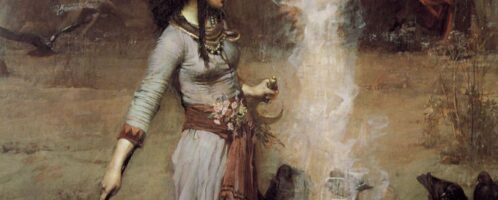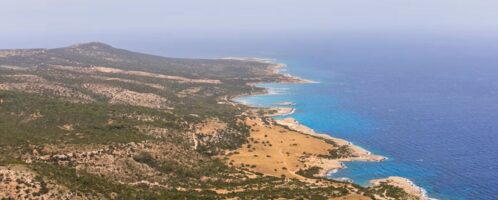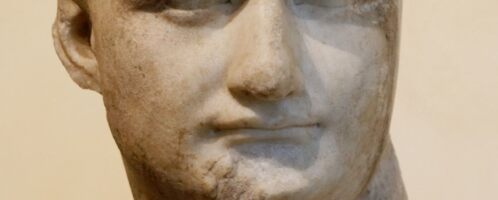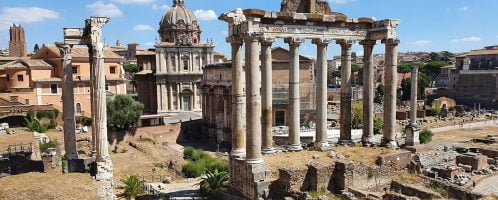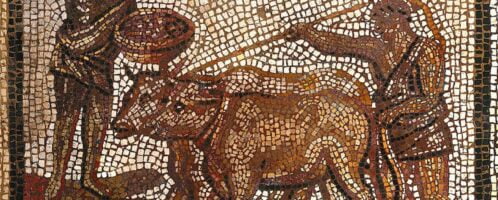“Lives” are one of the most fascinating works of antiquity. Its author, Plutarch of Chaeronea (ca. 46 – ca. 120 CE), compiles the profiles of famous Greeks and Romans. When describing these characters, he focuses mainly on their actions, character and anecdotes related to them. His work, however, is not devoid of very interesting digressions about the people and events of his contemporaries. One of them is an interesting mention of Emperor Domitian, whose reign was 81-96 CE. Although Plutarch writes his work several years after the emperor’s murder, he probably remembers the times of his reign and expresses his short opinion about this princeps.

